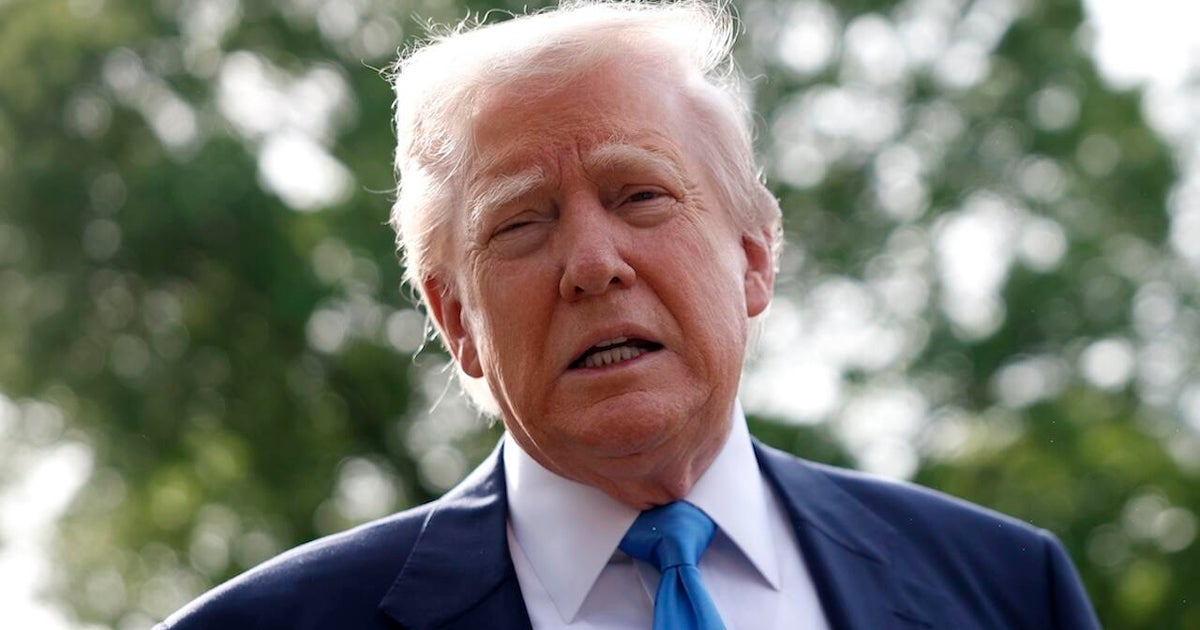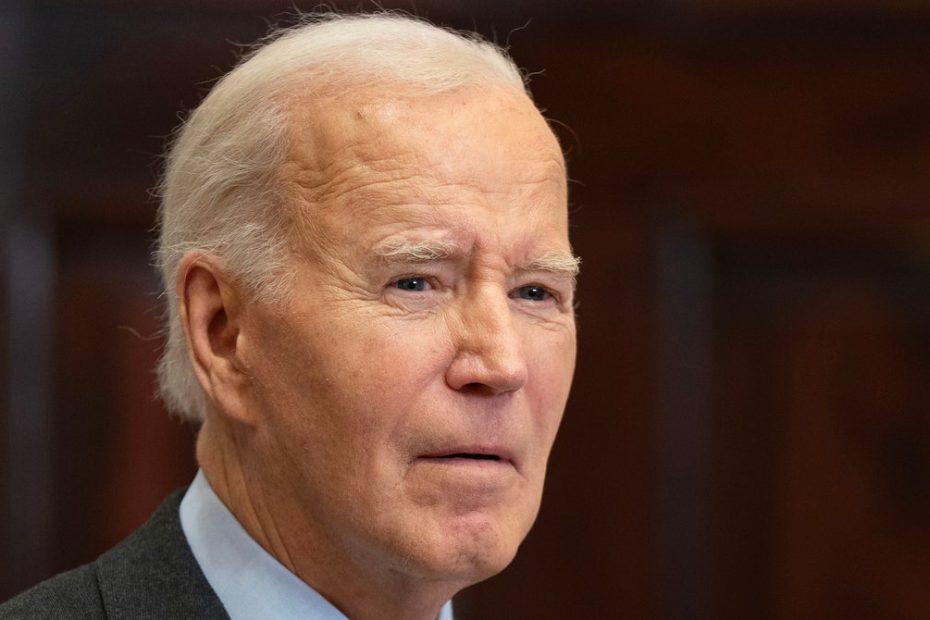New U.S. rules aim to block China's access to artificial intelligence chips and models by restricting the world
The Biden administration today announced a bold and controversial new export control plan aimed at preventing advanced chips and artificial intelligence models themselves from ending up in the hands of adversaries such as China.
The government’s new “artificial intelligence proliferation rules” divide the world into two categories: those with relatively unrestricted access to America’s most advanced artificial intelligence chips and algorithms, and those that require special licenses to use the technology. The rule, which will be enforced by the Commerce Department’s Bureau of Industry and Security, also seeks to limit the movement of the most powerful artificial intelligence models for the first time.
Speaking ahead of today’s announcement, U.S. Commerce Secretary Gina Raimondo said: “The United States is now a world leader in artificial intelligence, whether it’s AI development or AI chip design, and it’s critical that we keep it that way. “
Trustworthy countries include the United Kingdom, Canada, Australia, Japan, France, Germany, Belgium, Denmark, Finland, Ireland, Italy, Netherlands, New Zealand, Norway, South Korea, Spain, Sweden, and Taiwan.
The rule stipulates that companies from other countries not subject to arms controls can obtain up to 1,700 of the latest artificial intelligence chips without special permission. They will be able to apply for special licenses to acquire more chips, use American technology to build hyperscale data centers, or obtain the most powerful closed model “weights” made by American companies. Companies need to have adequate physical and cyber security in place to obtain a license.
Supply chain activities, including the design, manufacturing and storage of chips, will not be subject to the rule. The government said the rule would also not restrict open source AI models such as Meta's Llama.
Arms embargo countries such as China, Iran and North Korea are already barred from obtaining advanced chips. The new rules will limit their access to premium models for the first time.
“It’s no secret that semiconductors powering artificial intelligence and model weighting are a dual-use technology,” Raimondo added ahead of the announcement. “They are used in many commercial applications, but our adversaries can also use them to run nuclear simulations, develop biological weapons and advance their military advancements.”
However, the regulation is sure to spark controversy as it could stifle international sales of AI at a critical time for the industry. The inauguration of Donald Trump is just a week away. The ruling sets a 120-day consultation period, meaning the Trump administration will listen, perhaps change the rules, and then implement them.
Nvidia, the world's leading artificial intelligence chip maker, called the rule “unprecedented and misleading” in a blog post. “While these rules are disguised as 'anti-China' measures, they do nothing to enhance U.S. security. Biden's new rules will not mitigate any threats and will only weaken U.S. global competitiveness and undermine the very foundation that has allowed the U.S. to stay ahead.” Innovation.”
The United States has restricted exports of advanced artificial intelligence chips to major geopolitical rival China, but Chinese companies have been able to build cutting algorithms using computer clusters located in other countries. Under the new rules, China will not be able to build so-called cutting-edge AI models in other countries affected by the rules.










